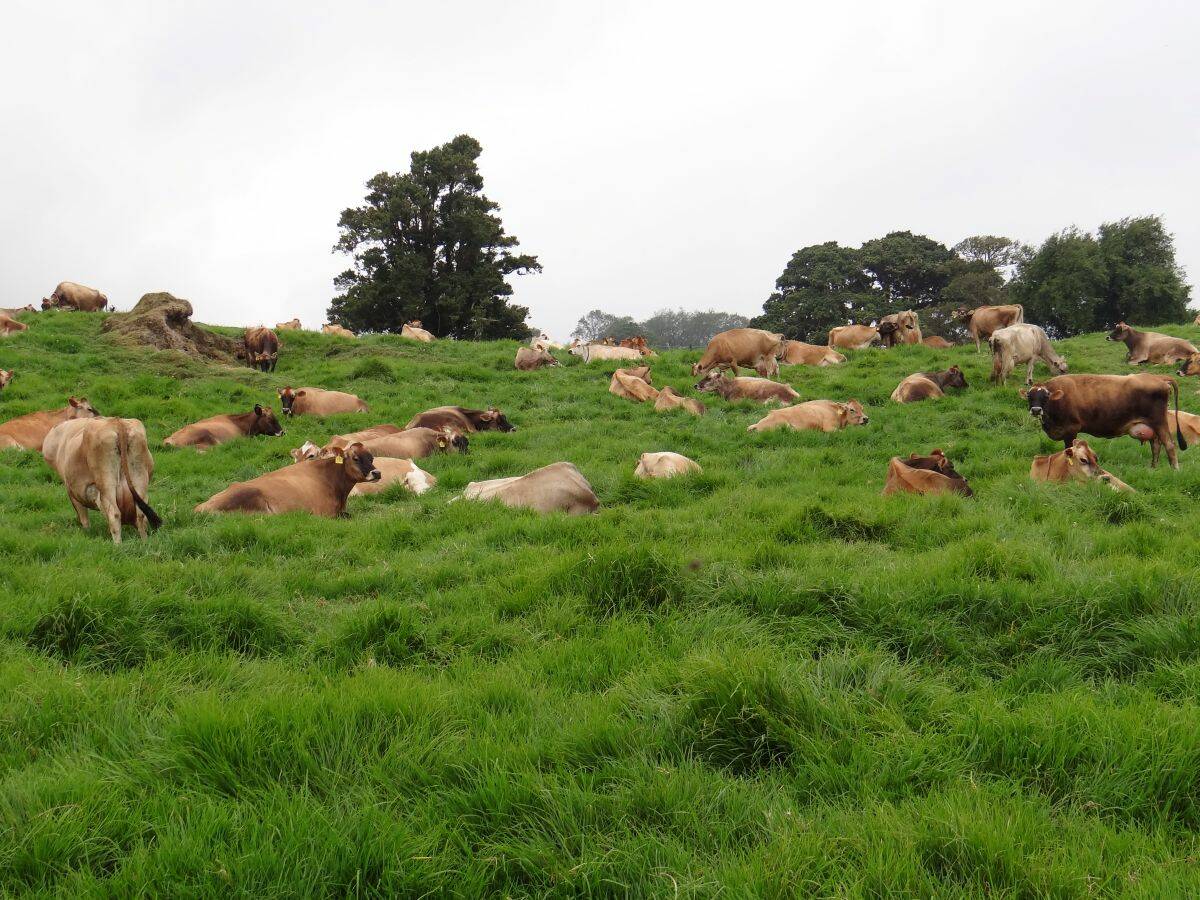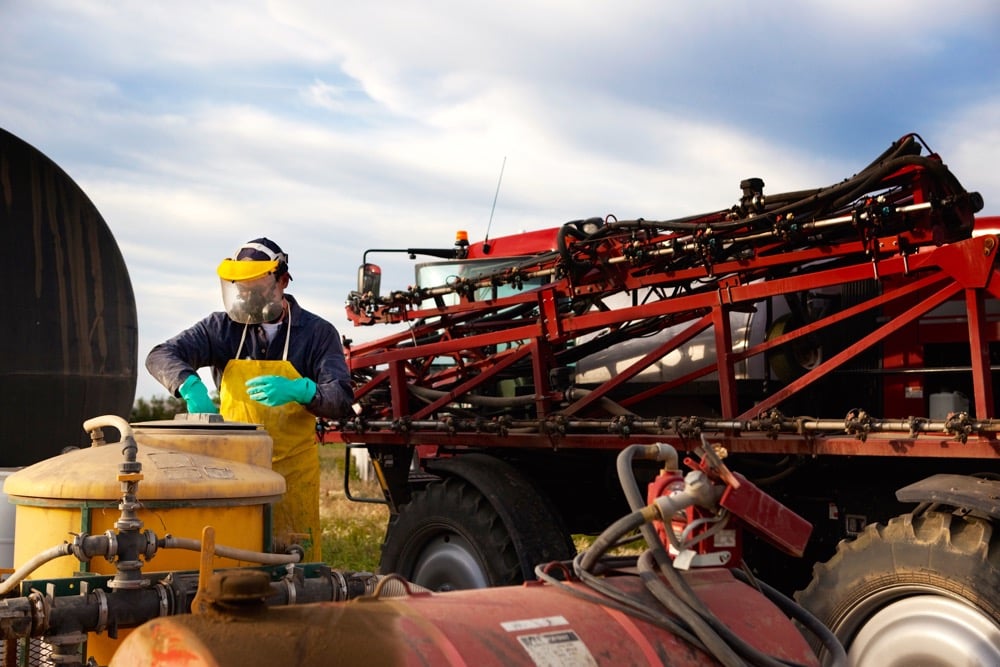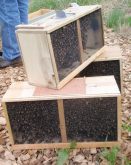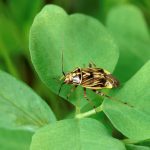The practice of ‘off-label’ spraying is not only illegal and can result in severe fines, but can also be very dangerous for your clients, your livelihood, and the environment, says a provincial commercial horticulture specialist.
“Horticultural chemicals and pesticides often have the dubious distinction of being more expensive than their field crop cousins. In order to reduce costs, growers may sometimes buy and use chemicals which have the same active ingredient, but are not registered for the crop they’re being used on,” said Dustin Morton of Alberta Agriculture and Rural Development.
Read Also

Is inflammation the real cause of milk fever in cattle?
UAlberta researcher Burim Ametaj’s theory challenges 200 hundred years of science and his work may change the approach for treatment.
Health Canada’s Pest Management Regulatory Agency (PMRA) oversees the registration and regulation of pesticides in Canada, which are all rigorously tested to compile data on residue, efficacy, and long-term effects, he noted.
“When reviewed by Health Canada, all chemicals have specified rates, target pests, and the crops on which they can be applied,” said Morton. “‘Off-label’ spraying can include spraying above or below the appropriate concentration, spraying the chemical for a pest that it is not registered for, or on a crop not on the chemical’s label.”
Throughout the year, the PMRA randomly selects growers for pesticide-use inspections in order to ensure compliance. These inspections could be random ones; prompted by increased incorrect spraying because of a label change or the need to update information; or a neighbour’s complaint. Inspections are twofold and are intended to be both a deterrent to off-label spraying and an educational tool to encourage growers to follow labels.
In an inspection, samples of vegetative material or soil are collected and sent for testing. Should these come back showing incorrect use of chemicals, growers may be subject to increased monitoring, financial penalty, or even prosecution under the Pest Control Products Act. If somebody producing food is found to be non-compliant, it could even result in the Canadian Food Inspection Agency (CFIA) becoming involved and product being recalled or destroyed.
“As with all chemicals, proper storage, labelling, and disposal are all part and parcel in running a safe, effective operation,” said Morton. “By being aware of the process and how best to handle these chemicals, growers can ensure they grow a safe, healthy crop without running afoul of the law.”















